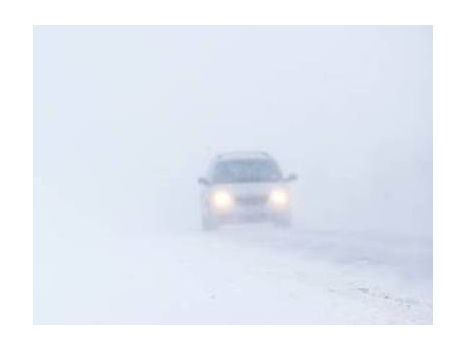FCC Considers Proposal Requiring Stations To Certify Groups Leasing Airtime.
- Inside Audio Marketing

- Mar 1, 2024
- 2 min read

With reports suggesting Russian disinformation seeking to influence the outcome of November’s election has already started, the Federal Communications Commission is moving forward with its effort to keep tabs on whether foreign actors are putting programming on U.S. radio and television stations. FCC Chair Jessica Rosenworcel has circulated a proposed order that, if adopted, would likely require a new certification procedure for stations to demonstrate that the appropriate inquiries have been made in determining whether a foreign governmental entity has sponsored the programming.
While the draft has not been made public, that is the outline laid out by the FCC when it first released the proposal (MB Docket No. 20-299) in October 2022. It is a rare do-over for the agency, after a federal appeals court struck down the FCC’s first attempt. The now-voided rules would have required expanded background checks into entities leasing airtime from radio and television stations. Among other things, they required stations to check a federal database of entities registered as foreign agents before putting the entity on the air.
In its new proposal, the Commission says its new approach will not require stations to check any databases. But it says that if the programming provider states it is not a foreign governmental entity, a broadcaster must obtain appropriate documentation showing that the programmer’s name does not appear on two federal government databases. The draft proposal called that a “reasonable diligence” requirement regarding foreign sponsorship identification that the FCC says is allowed under the Communications Act. The proposal also looks to establish standardized certification language for stations and programming providers to use.
“The principle that the public has a right to know the identity of those who use our airwaves to solicit our support is a long-standing tenet of broadcasting and I continue to stand by that,” Rosenworcel said when the rulemaking was unanimously launched by the Commission.
Russian-backed Radio Sputnik on WZHF Washington (1390) and KCXL Kansas City (1140) has increased focus of foreign propaganda on U.S. radio. But broadcasters question just how widespread a problem it really is. Broadcasters celebrated when the first set of rules were struck down in court, and the industry has not embraced the second proposal either. The National Association of Broadcasters has said the approach under consideration oversteps the bounds of the Commission’s authority. In a joint filing with the Multicultural Media, Telecom and Internet Council, the two groups say the proposal “places unjustifiable – and even unconstitutional – burdens on stations and lessees that do not and never will air foreign propaganda.” NAB and MMTC have also argued that the revised approach has many of the same problems of the first, arguing it not only moves beyond the FCC’s legal authority, but it also would violate broadcasters’ First Amendment rights.
Several television groups have also urged the Commission to specify exceptions for advertising and religious and local programming. They also propose the FCC exempt existing agreements that stations have signed. NPR, PBS, and America’s Public Television Stations said because noncommercial stations don’t lease time, the Commission should also tuck a clarification into the rules that their stations wouldn’t be included in the new requirement.




Comments